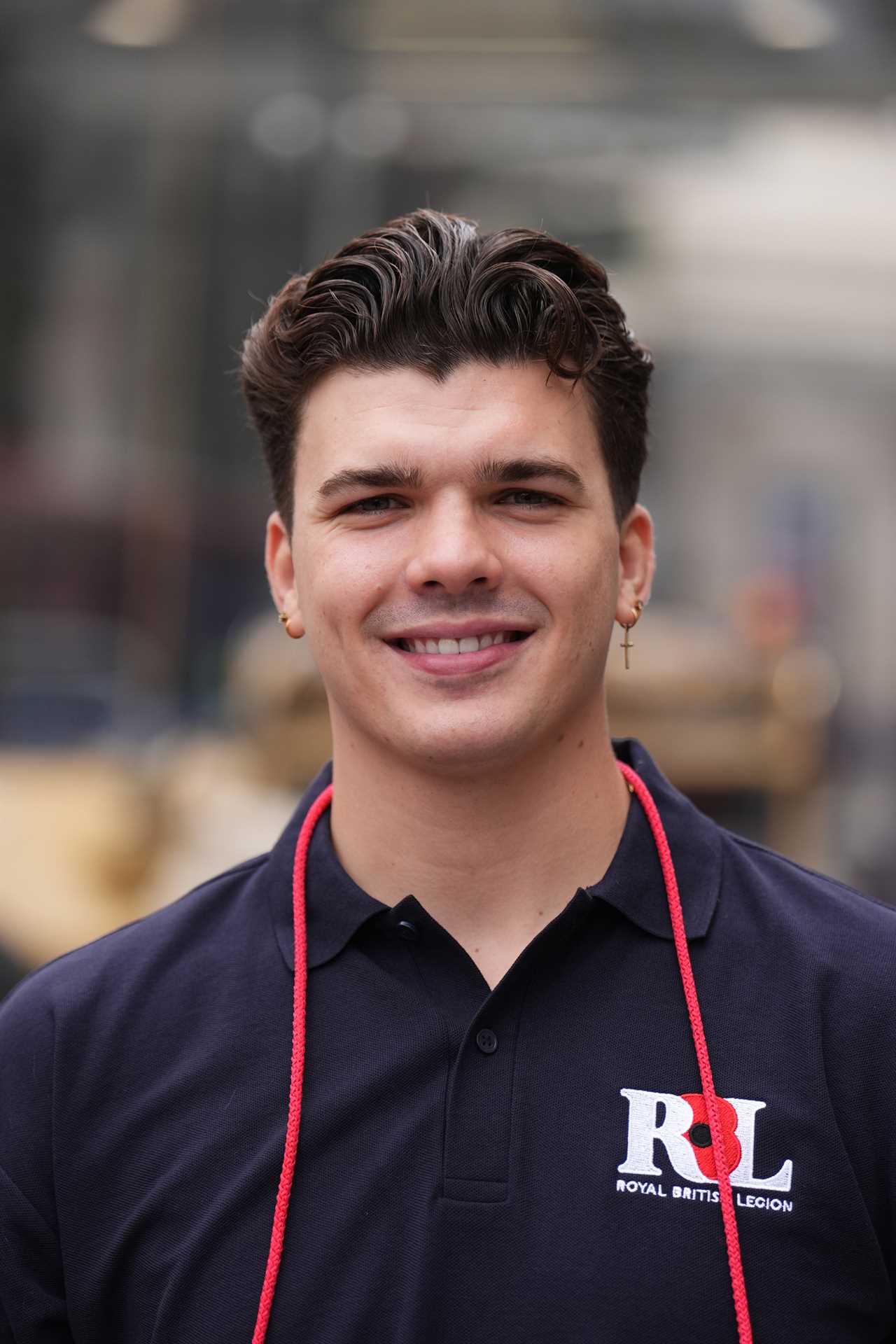
Harry Clark, the victor of "The Traitors", sheds light on his decision to forgo lucrative offers from mainstream reality TV in favour of a deeper personal quest. Rising to fame through strategic gameplay on the BBC show, the 23-year-old faced tempting six-figure deals from popular ITV programmes like "I'm A Celebrity" and "Celebrity Big Brother". However, Clark's path diverged as he chose authenticity, opting instead for the introspective journey offered by the BBC's "Pilgrimage" series.
The Ethical Dilemma: Authenticity Over Celebrity
Clark's choice to turn down substantial financial rewards for the glitz of reality TV confronts the pervasive allure of instant fame in modern media culture. In a landscape where sensationalism often overshadows substance, his prioritisation of personal values over financial gain raises poignant questions about the nature of success in the entertainment industry.
The Spiritual Odyssey: Pilgrimage as a Path to Clarity
By embarking on a pilgrimage alongside fellow celebrities in a contemplative journey from Austria to Switzerland, Clark delves into themes of faith, family, and personal identity. His decision to reconnect with his Catholic roots underscores a broader societal yearning for spiritual grounding amidst the noise of contemporary life. In a world marked by rapid change and uncertainty, Clark's quest for clarity resonates with a deeper human search for meaning and purpose.
Ambition and Authenticity: Navigating Reality and Perception
Clark's reflective stance on his reality TV experiences reveals a nuanced understanding of self-perception and public image. While acknowledging the role of deception in his "Traitors" victory, he remains steadfast in his commitment to personal integrity. His willingness to embrace complexity and reveal his multifaceted nature challenges conventional narratives of heroism and villainy, inviting viewers to reconsider the dichotomies that often define popular entertainment.

As Clark's journey unfolds on screen, viewers are presented with a rare opportunity to witness a public figure's evolution beyond scripted narratives and performative personas. His openness about his past choices and his aspirations for a more authentic future invite us to reflect on our own values and the stories we choose to tell about ourselves.
In a media landscape saturated with sensationalism and spectacle, Clark's deliberate choice to pursue a quieter, more introspective path serves as a counterbalance to the noise and clamour of reality TV. By embracing vulnerability and authenticity, he challenges us to consider the deeper currents that shape our behaviour and aspirations, urging us to seek meaning beyond the glittering surface of fame.
As Harry Clark's pilgrimage unfolds, we are reminded of the power of introspection and the enduring quest for authenticity in a world that often values spectacle over substance. In his journey, we find echoes of our own search for meaning and connection, inviting us to pause, reflect, and perhaps embark on our own inner pilgrimage towards a more authentic and fulfilling existence.






